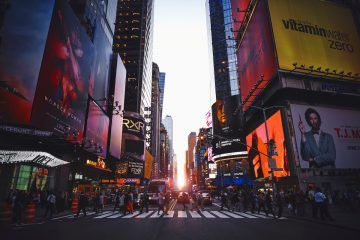John Lloyd in Quillette:
 How will we live, or be forced to live, after the pandemic? “I don’t know” is—according to Paul Collier, the famed development economist—the most honest answer to this question and others related to the cause, rise, treatment, and decline of the current pandemic. This is, after all, an unprecedented disease of rare speed and communicability, for which there is no cure and no agreed political and social response. Yet, contradicting himself within weeks, Collier wrote a similarly powerful essay in which he argued that centralisation had failed, and devolution from those who pronounce from on high to those who practice on the ground is necessary. Perhaps he was merely demonstrating that, in this maelstrom of conflicting arguments, no-one, no matter how distinguished, can wholly know his own mind from day to day.
How will we live, or be forced to live, after the pandemic? “I don’t know” is—according to Paul Collier, the famed development economist—the most honest answer to this question and others related to the cause, rise, treatment, and decline of the current pandemic. This is, after all, an unprecedented disease of rare speed and communicability, for which there is no cure and no agreed political and social response. Yet, contradicting himself within weeks, Collier wrote a similarly powerful essay in which he argued that centralisation had failed, and devolution from those who pronounce from on high to those who practice on the ground is necessary. Perhaps he was merely demonstrating that, in this maelstrom of conflicting arguments, no-one, no matter how distinguished, can wholly know his own mind from day to day.
In any case, agnosticism is as unwelcome to journalism as it is to governance. And journalists, who operate under fewer constraints than governments, can at least consider some likely alternatives, while remaining alive to the possibility that unknown unknowns will continue to turn up, just as the coronavirus itself did. These alternatives tend to be split between a future that is better and one that is worse, with a majority predicting the latter.
More here.
